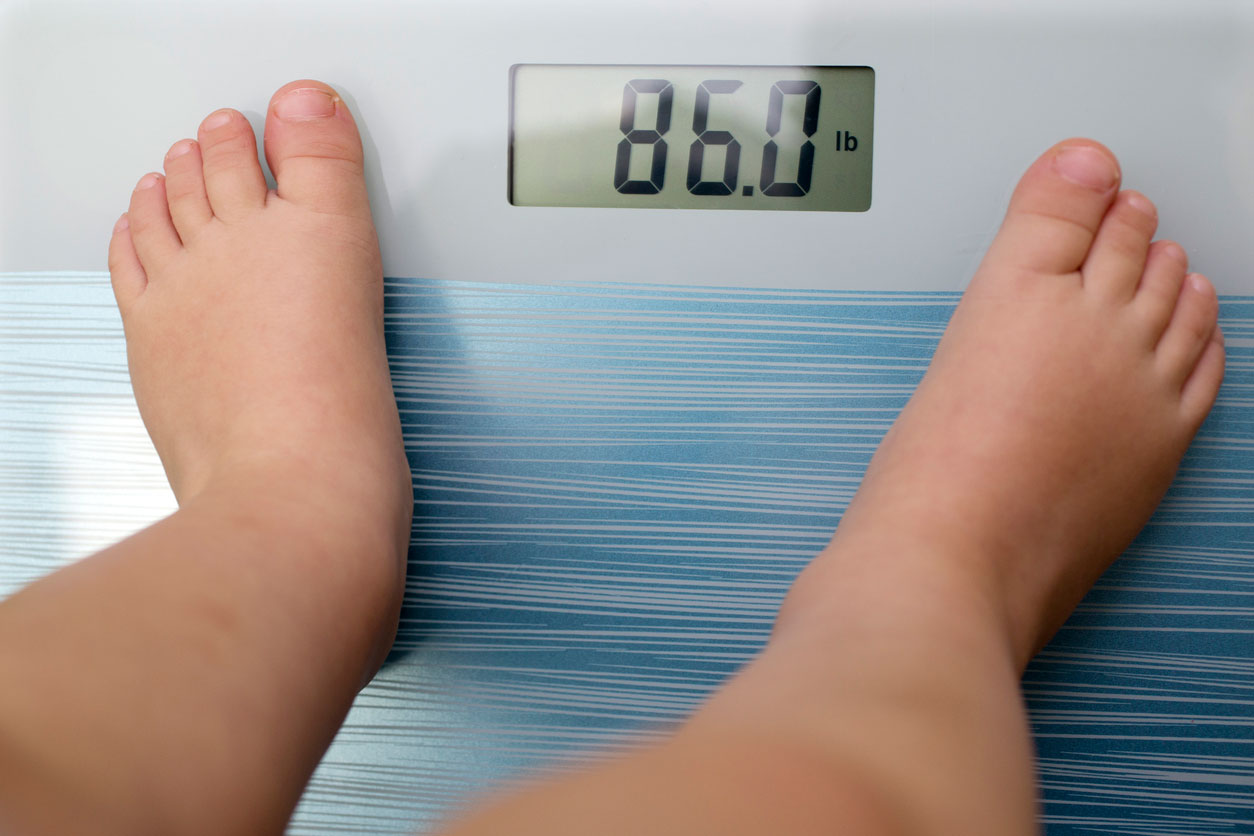
Childhood obesity has reached epidemic levels in the developed world, with over 30% of children in the U.S. being classified as overweight or obese. Although children have fewer weight-related health conditions than adults do, overweight kids are more likely to stay overweight into adulthood – thereby putting them at risk of developing chronic health conditions, such as heart disease and diabetes.
Children can become overweight for a number of reasons. Although it can sometimes result from a medical condition, there is growing evidence to suggest that external factors, such as lifestyle and parental behavioral characteristics, can lead to unhealthy eating patterns and a lack of exercise in children. These invariably play a significant part in childhood obesity.
Let’s talk about some of these factors and how they can contribute to an overweight child:
Lack of Physical Activity in Children
Obesity often results from an imbalance between the food that we eat (the energy intake) and our level of physical activity (our energy expenditure). If we consume more calories than we need for our level of physical activity, then this may cause us to gain weight.
People with a sedentary lifestyle require far fewer calories than do those who are very physically active. In recent years, video-viewing, gaming, and the use of electronic devices among children has increased dramatically – naturally leading to a significant reduction in exercise and an increase in obesity.
There has also been a decline in physical activity among children due to concerns about safety. Whereas in previous years children rode their bikes all around and played in the street with their friends, this has become less frequent particularly due to increased concerns about child predators. This means that parents are now more likely to drive their children everywhere and to give them fewer opportunities to get out and just have fun.
High-Fat, High-Carbohydrate, Low-Protein Diet
Nowadays, families rely heavily on convenience, which can influence meals. Busy family life and work-related demands can mean parents have less time and energy to prepare healthy meals for their families; fast food is often an inexpensive and convenient option. However, fast food often contains higher levels of calories, fat, and carbohydrates, and lower levels of essential nutrients and protein – which is a combination that can easily cause weight gain.
Children often copy their parents’ and peers’ food preferences, which can have an impact on their diet and nutrition. If a child is repeatedly exposed to (and provided with) healthy food choices from an early age, they are more likely to maintain a healthier diet. For example, offer them almonds and dried banana slices rather than corn-based chips – and enjoy the snack along with them to reinforce the positive nutritional behavior.
Eating Behaviors and Snacking
Mealtime structures can also affect diet and nutrition. Studies have shown that eating out or eating meals in front of the TV is associated with consuming a higher intake of calories and fat, as compared to families who eat together around the table at dinnertime.
Unhealthy snack choices can also be a contributing factor to the rise in childhood obesity. Advertising for unhealthy foods such as sugary cereals, fattening snacks, and sweetened drinks is believed to have a significant impact on a child’s diet, encouraging the consumption of unhealthy, fattening foods, resulting in weight gain and unhealthy eating habits.
Genetic Factors and Family Lifestyle
Although genetic factors – such as a low metabolism – may play a role in childhood obesity, it is generally believed to be more of a contributing factor alongside behavioral factors rather than a sole cause of obesity itself.
Family behavioral tendencies can also have an influence on weight gain in children. For example, physically active parents are more likely to encourage their children to take part in regular exercise.
Family Nutrition in Wellington and Royal Palm Beach
If you have concerns about your child’s weight, the friendly medical team at Advanced Medical Clinic is here for you. Our pediatric nutrition services are designed to address many healthy eating concerns, including childhood obesity, diabetes (type 1 and type 2 diabetes), eating disorders, maternity health, and proper nutrition for healthy living.
For more information about our pediatric healthcare services or to schedule an appointment, contact us today by calling our friendly staff at (561) 434-1935 or by filling out our appointment request form online now. We look forward to helping your whole family enjoy a healthy lifestyle!

